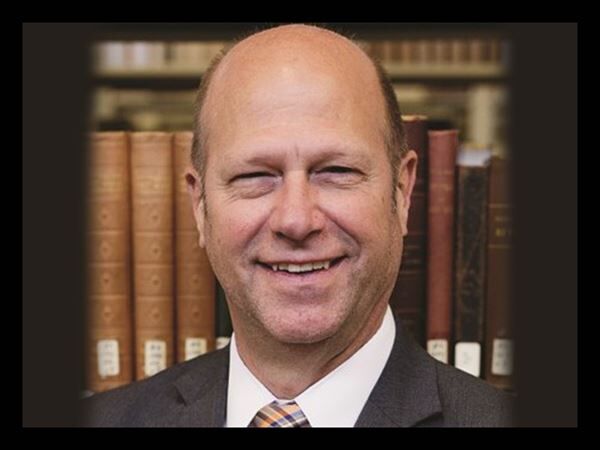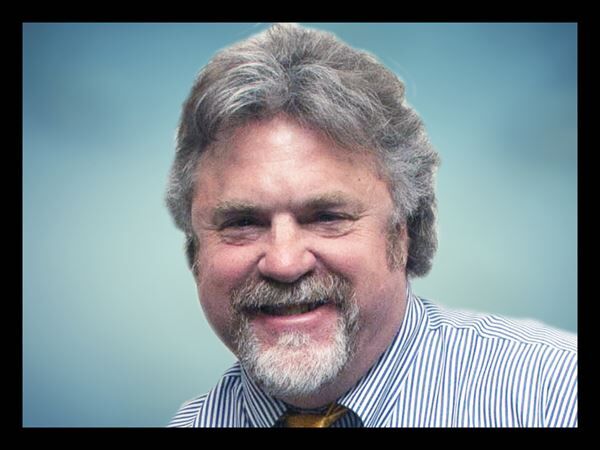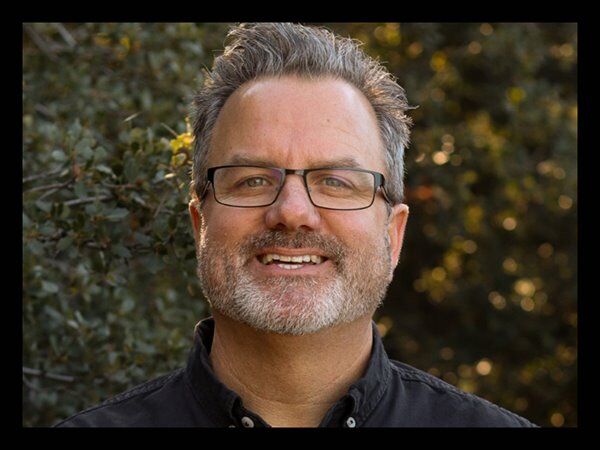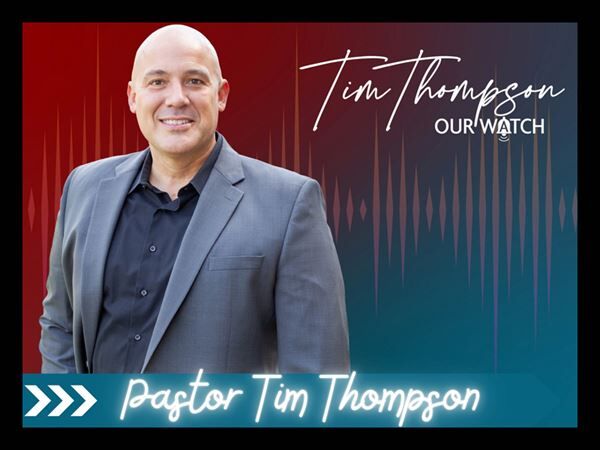The G20 summit in South Africa ends with the glaring absence of the US after Trump's boycott
News > National News

Audio By Carbonatix
2:17 AM on Sunday, November 23
By GERALD IMRAY and MOGOMOTSI MAGOME
JOHANNESBURG (AP) — The Group of 20 summit in South Africa ended Sunday with the glaring absence of the United States — the next country to lead the bloc — after the Trump administration boycotted the two days of talks involving leaders of the world's richest and top developing economies.
South African President Cyril Ramaphosa declared the summit in Johannesburg closed by banging a wooden gavel on a block like a judge would, in a G20 tradition. The gavel would normally be handed over to the leader of the next country to hold the rotating presidency, but no U.S. official was there to receive it.
The world's biggest economy boycotted a summit meant to bring rich and developing nations together over President Donald Trump's claims that South Africa is violently persecuting its Afrikaner white minority.
The White House said it intended in a last-minute decision for an official from its embassy in South Africa to attend the G20 handover. But South Africa refused that, saying it was an insult for Ramaphosa to hand over to a junior embassy official. In the end, no U.S. delegation was accredited for the summit, according to the South African Foreign Ministry.
South Africa said the handover would happen later, possibly at its foreign ministry. Trump has said the U.S. will hold next year's summit at his golf club in Doral, Florida.
“This gavel of this G20 summit formally closes this summit and now moves on to the next president of the G20, which is the United States, where we shall see each other again next year,” Ramaphosa said as he closed the summit, making no reference to the U.S. absence in his speech.
The first G20 summit in Africa also broke with tradition on Saturday by issuing a leaders' declaration on the opening day of the talks, when declarations usually come at the end of the summit.
The declaration was significant in that it came in the face of opposition from the U.S., which has for months been critical of a South African agenda for the group that largely focused on climate change and global wealth inequality — focuses the Trump administration derided. Argentina said it also opposed the declaration after Argentinian President Javier Milei — a Trump ally — also skipped the summit.
Other G20 nations, including China, Russia, France, Germany, the U.K., Japan and Canada, backed the declaration, which called for more global attention on issues that specifically affect poor countries, such as the need for financial help for their recovery efforts after climate-related disasters, finding ways to ease their debt levels and supporting their transition to climate-friendly green energy sources.
“South Africa has used this presidency to place the priorities of Africa and the Global South firmly at the heart of the G20 agenda,” Ramaphosa said.
After his speech, Ramaphosa was hugged and congratulated by other leaders for hosting a summit largely overshadowed by the U.S. boycott, and he was heard in a hot-mic moment that was not meant to be broadcast saying: “It was not easy.”
South Africa championed its G20 declaration as a victory for the summit and for international cooperation in the face of the Trump administration's “America First” foreign policy. However, G20 declarations are general agreements by member countries that aren't binding, and their long-term impact has been questioned.
Also, while the declaration included many of South Africa’s priorities, some concrete proposals didn’t make the document. There was no mention of a new international panel on wealth inequality, similar to the United Nations-appointed Intergovernmental Panel on Climate Change, that South Africa and others had called for.
The G20 was formed in 1999 in response to the Asian financial crisis and is made up of 19 rich and developing economies, the European Union and the African Union, but some have questioned its effectiveness in helping solve the most prominent global crises, like the Russia-Ukraine war and tensions in the Middle East.
The 122-point Johannesburg declaration made just one reference to Ukraine in a general call for an end to global conflicts and the summit appeared to have made no difference to the nearly four-year war, even as leaders or high-level delegations from all the major European nations, the EU and Russia sat in the same room for the G20 gathering.
“Meeting for the first time on the African continent marks an important milestone,” French President Emmanuel Macron said, but added the bloc was “struggling to have a common standard on geopolitical crises.”
Still, some praised the summit as a significant symbolic moment for the G20.
“This is the first ever meeting of world leaders in history where the inequality emergency was put at the centre of the agenda," said Max Lawson of Oxfam, the international nonprofit that works to alleviate global poverty.
“The importance of addressing development priorities from the African perspective cannot be overemphasized,” said Namibia President Netumbo Nandi-Ndaitwah, whose southern African country of 3 million people was one of more than 20 smaller nations invited as guests to attend the summit alongside the G20 members.
___
Follow AP’s coverage of the G20 summit in South Africa: https://apnews.com/hub/g20-summit












